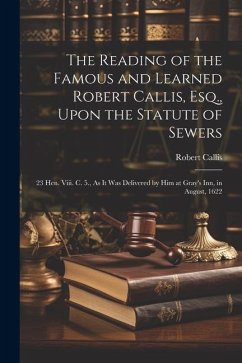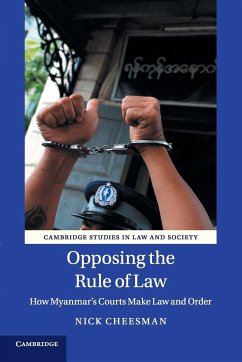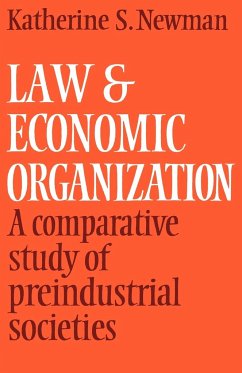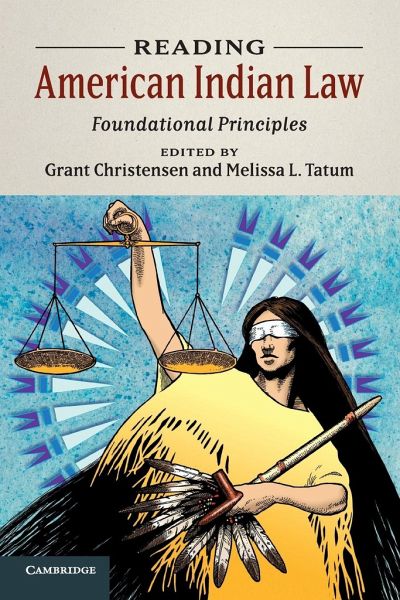
Broschiertes Buch
Reading American Indian Law
Versandkostenfrei!
Versandfertig in 1-2 Wochen

PAYBACK Punkte
29 °P sammeln!



Approaches the study of Indian law through the lens of 16 of the most impactful law review articles.
Produktdetails
- Verlag: Cambridge University Press
- Seitenzahl: 452
- Erscheinungstermin: 12. Dezember 2019
- Englisch
- Abmessung: 229mm x 152mm x 24mm
- Gewicht: 650g
- ISBN-13: 9781108726481
- ISBN-10: 1108726488
- Artikelnr.: 56972264
Herstellerkennzeichnung
Libri GmbH
Europaallee 1
36244 Bad Hersfeld
gpsr@libri.de
Für dieses Produkt wurde noch keine Bewertung abgegeben. Wir würden uns sehr freuen, wenn du die erste Bewertung schreibst!
Eine Bewertung schreiben
Eine Bewertung schreiben
Andere Kunden interessierten sich für




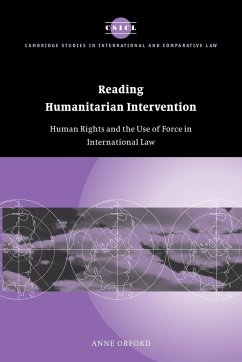
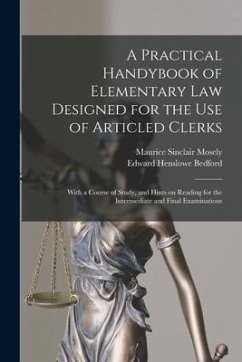
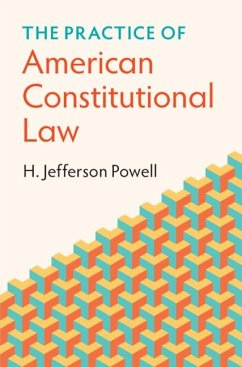

![Signs of Character, or, How to Read Character at Sight [microform]: Instructions in Character-reading by Contrasts Cover Signs of Character, or, How to Read Character at Sight [microform]: Instructions in Character-reading by Contrasts](https://bilder.buecher.de/produkte/66/66145/66145178n.jpg)
